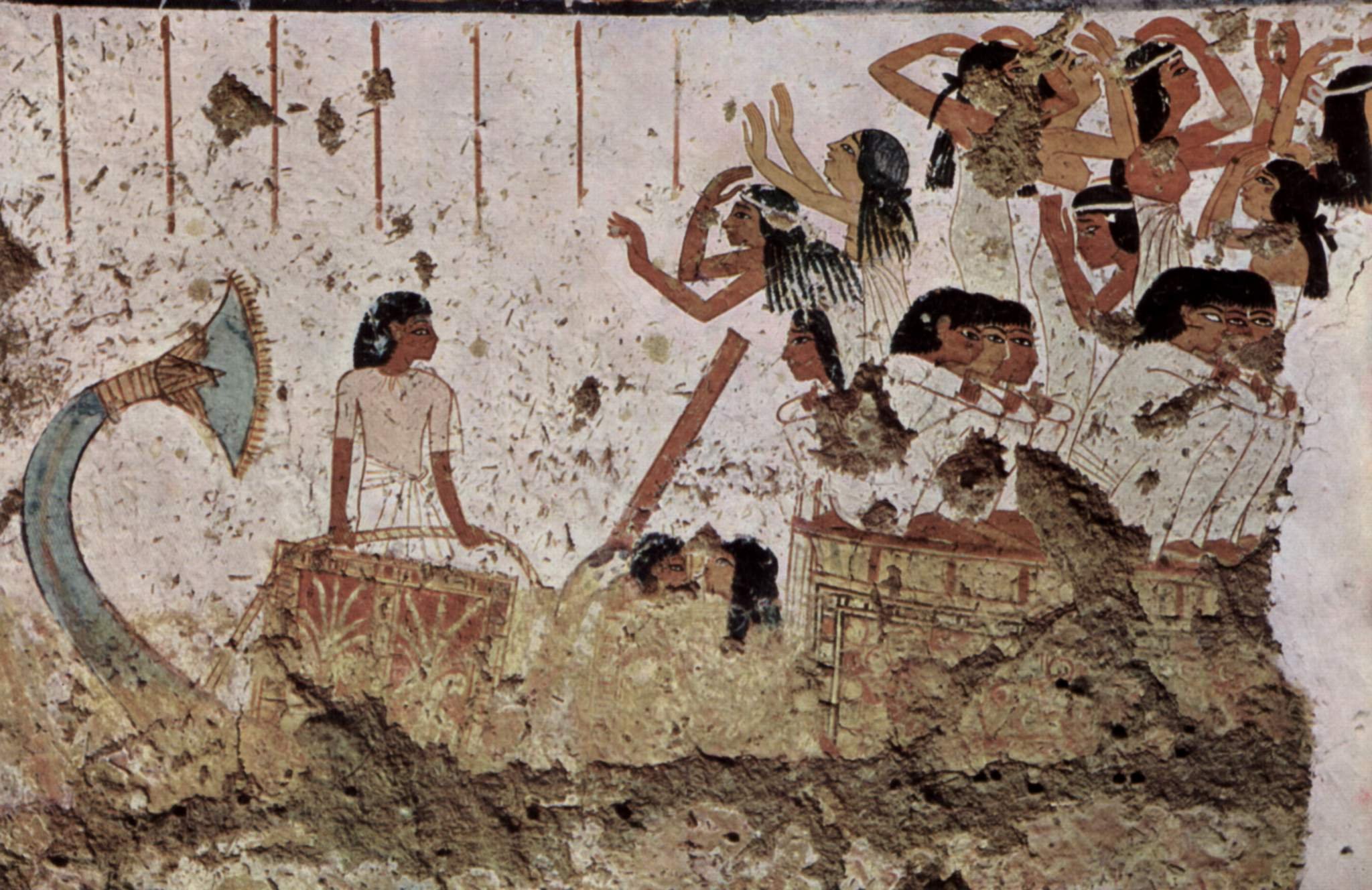First year as a Nigerian missionary in Malawi
After my priestly ordination just a year ago, I was expectant, zealous, and ready to plunge into missionary activities in a foreign country with a different language. At the very least, I anticipated a gentle and smooth start—if only I knew what the world was about to present me.
In the early hours of Thursday, September 12, 2019, I arrived in the Warm Heart of Africa, Malawi. Thereafter I took a short language course, and by October, I was eager to get down to parish activities and demands. As most people know, there are always papers to fill and documentations to set right to work in any foreign land. And so, to secure my Temporary Employment Permit (TEP), I contacted the archdiocesan immigration personnel which seemed best at the time. (Till date, the TEP has not been approved.) My Nigerian passport was also about to expire at this point—talk about a double whammy.
On October 1, 2019, I attended the Nigerian independence celebration held at the Presidential Villa in Lilongwe where I met many other compatriots including the Nigerian Ambassador to Malawi, Stanley W. Diriyai. A good opportunity to inquire about the passport renewal process for Nigerians in Malawi, I networked and was introduced to an embassy employee. It was not exactly the good news that I wanted to hear. Apparently, the embassy collated data of citizens who applied for passport renewal and only sent the data to Nigeria for processing when they had a substantial number of applications. If this is unique to the embassy in Malawi or the practice everywhere, I cannot tell. But, it wasn’t making my life easy.
Photo: John Awoke
A month later, in November, I reminded the district leader of my missionary society to write me an invitation letter for a meeting slated for January 2020 at Msupadzi Monastery, Chipata, Zambia. Chipata is a place that is very close to my heart. I have not just visited here and taken pictures like a tourist, I have lived here, eaten the food, danced the dance, and hissed at the government with the locals. Chipata was the city of my first missionary appointment—spent 15 months there (between 2014 and 2015) during my training for the priesthood. So I did look forward to going back. And I put in the efforts to make my application to enter Zambia frictionless because two days later I was at the archdiocesan office to obtain a letter from the archbishop to support my exit from Malawi to Zambia and back. (I received the signed letter a week later.)
In spite of my best efforts, I could not get a visa to Zambia because . . . passport. My passport would have five months left before its expiration by the time I was in Zambia, and I needed at least six months. I have many things to say about needing visas to travel around Africa and border controls generally, but I’d probably bore you and not even attract your sympathy. In any case, it became even clearer that I could not afford for my passport to expire whilst in Malawi. And given the difficulty of renewal in Malawi, and after consultation with my superiors (missionary speak for bosses), I decided to go back to Nigeria to get it done.
At the airport in Lilongwe, on the night I was to go back to Nigeria, I was temporarily detained for two reasons. First, entering the country to work without first applying for a work permit. By this they meant that I got to Malawi with a visit visa and then started my application for a work visa whilst in Malawi. Second, I was travelling with a “One Way Travel Document”. According to them, this document is to permit someone whose passport had already expired to travel home for renewal, but in my case, my passport had not expired at the time. It was still valid for three months. Errm, it was the Malawian Immigration Office in Lilongwe that gave me this document to aid my travel.
These two reasons might not make any sense to you until you have to travel with a Nigerian passport. But again I’d rather not bore you. Anyway, after serial interrogations from immigration officers, and when it was almost flight time, relief finally came from the Regional Immigration and Citizenship Services Officer, and they decided to let me travel.
When I arrived in Nigeria on February 28, 2019, the first case of coronavirus was recorded. Within the next two weeks, cases went up. As with most things in life, the reactions to the virus were varied: fear for some people, business as usual for others (with sprinkles of doubt about the virus). And in a short time, restrictions were imposed.
When I got to Nigeria, the first thing I did was to renew my passport. I was ready to go back to Malawi, ready to go back to my parish there and celebrate the Easter liturgy with my new family—my first as a priest. When you are a new priest, everything brings a new level of excitement. Few days before my planned departure for Malawi, I received a message that all flights both local and international had been suspended indefinitely. Nigeria was placed on a lockdown. Since then, I have been praying and offering masses for God’s healing on our world and many other intentions. But specially, I pray for the people of Malawi especially those of Mtengowathenga parish, whom I cannot wait to see again.
About the author
John Awoke is a priest of the St Patrick Missionary Society and works in Malawi.









